The rapid rise of social media has had a lasting impact on our generation, changing the way we communicate and share information. While some communities online have been a source of refuge for people with mental illness, recent trends on social media have been portraying mental illness in an incorrect light, contributing to the ongoing stigma surrounding the serious issue of mental health. A study conducted by the American Psychological Association in 2008 found that 7.7% of young adults between 18 and 25 experienced serious psychological distress, but in 2017, that figure rose to 13.2%. While there are other contributing factors, one major attribution to this is the increasing popularity of social media apps like TikTok and Instagram. While these apps have become extremely popular, they are often poorly monitored, allowing trends that promote and even romanticize mental illness to circulate.
A common victim of romanticization is Eating Disorders. It’s normal to find health and diet accounts online, but this makes it easy to stumble upon what many refer to as “pro-ana” spaces. “Pro-ana” stands for pro-anorexia, referring to the promotion and encouragement of Eating Disorders and disordered behaviors. Online spaces for people with this mindset started in the late 2000s, but still continue to spread today on Tiktok, X, and other social networking sites. Even outside of pro-ED spaces, trends circulate online that encourage odd diets and workouts to help viewers obtain the so-called “perfect body.” This can have a negative effect on viewers, especially younger audiences like teenagers who are statistically more insecure in their bodies.
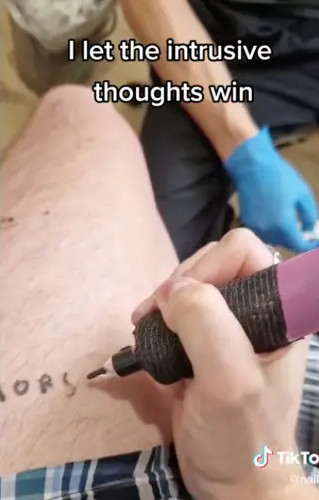
While the internet often makes trends based on mental illness, it also seems to pick and choose which ones are socially acceptable. Although some are praised, others often become a victim of judgment and bullying. Autism, for example, is a frequent recipient of this. While Autism is a serious mental health issue, it’s rarely taken seriously online and often becomes a joke. Many people have started using “Autistic” as an insult rather than a diagnosis, referring to anyone who acts aside from the norm with the term. While it may seem like a joke, the incorrect usage of the word contributes to negativity towards the already stigmatized mental illness. OCD (Obsessive Compulsive Disorder) is another example of a serious disorder that’s turned into nothing but an adjective. Phrases like “I’m so OCD” and “I’m letting the intrusive thoughts win,” which are often used online and even sometimes in person, inaccurately portray the difficulties people with OCD or intrusive thoughts face. OCD is characterized by extreme intrusive thoughts and rituals, which can have a debilitating effect on the life of those who suffer from it. Regardless, the concept of intrusive thoughts is often watered-down and used for a simple trend.
Social media trends may not seem like a huge deal, but they actually have a large impact on the real world as well as the internet. Because of the effect the online world continues to have on the real world, trends that make fun of, promote, or spread misinformation regarding mental illness contribute to real world disparagement of people who suffer from mental health problems.
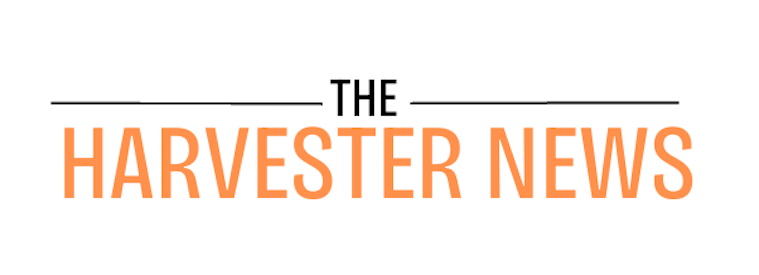






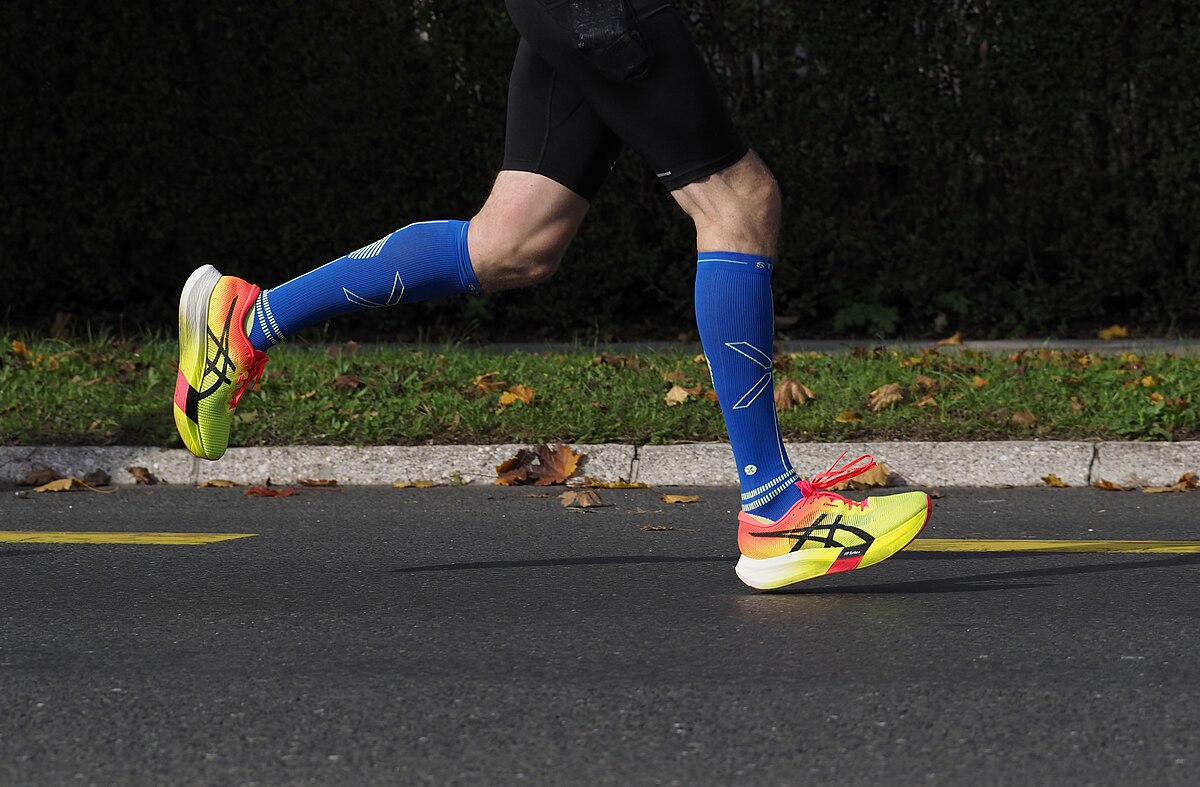


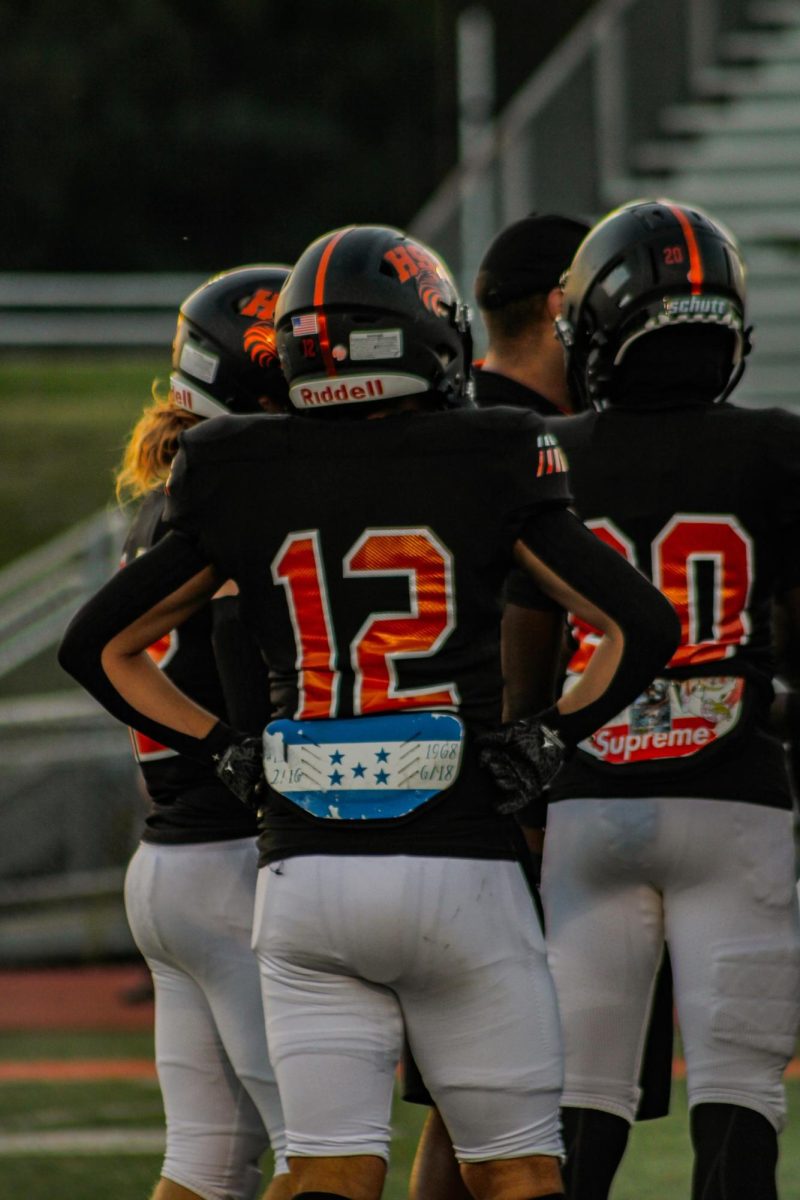
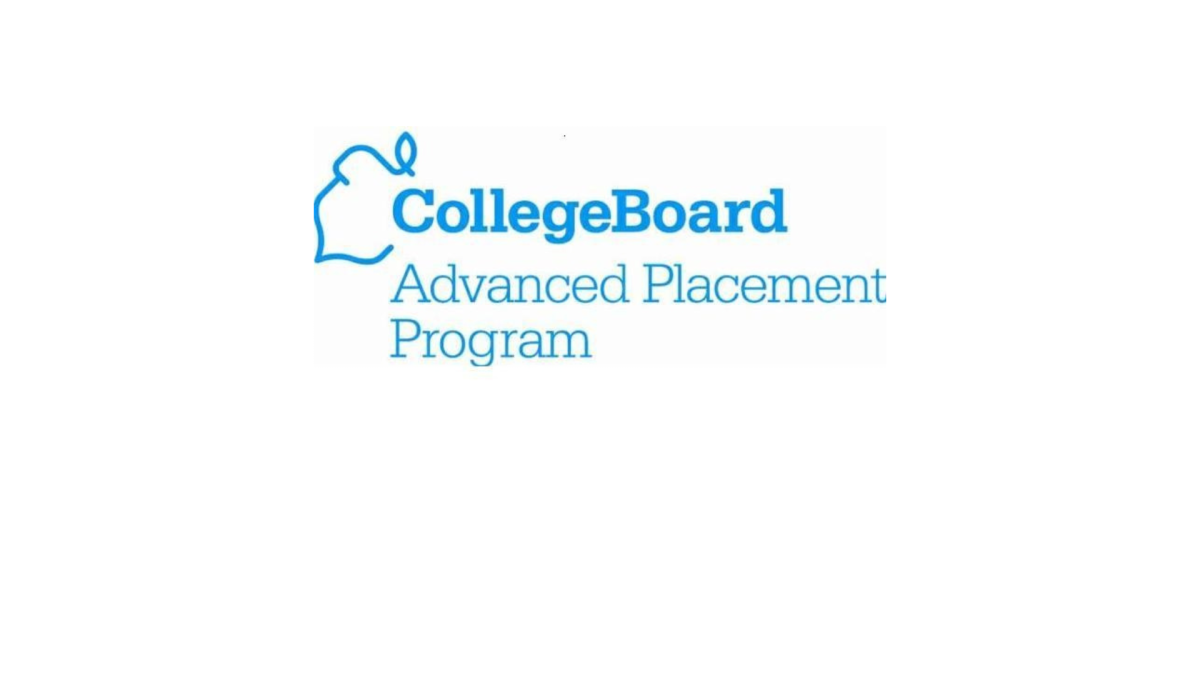
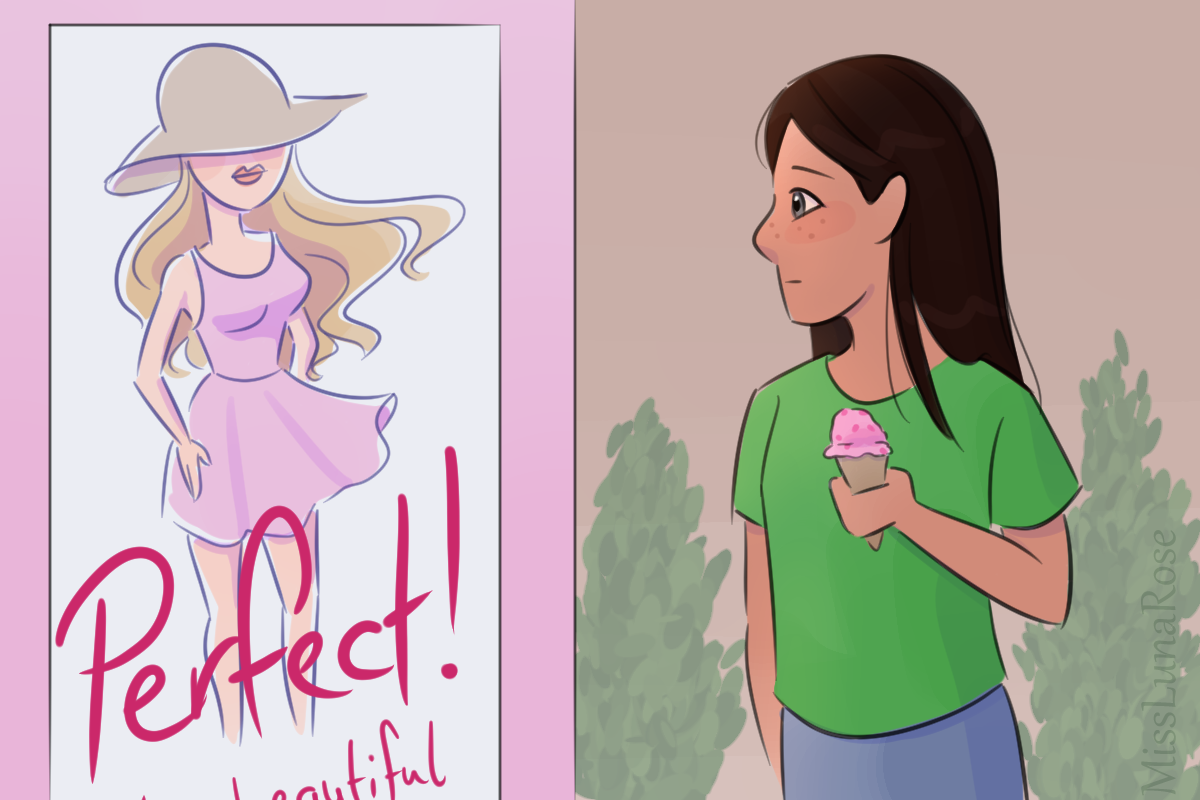





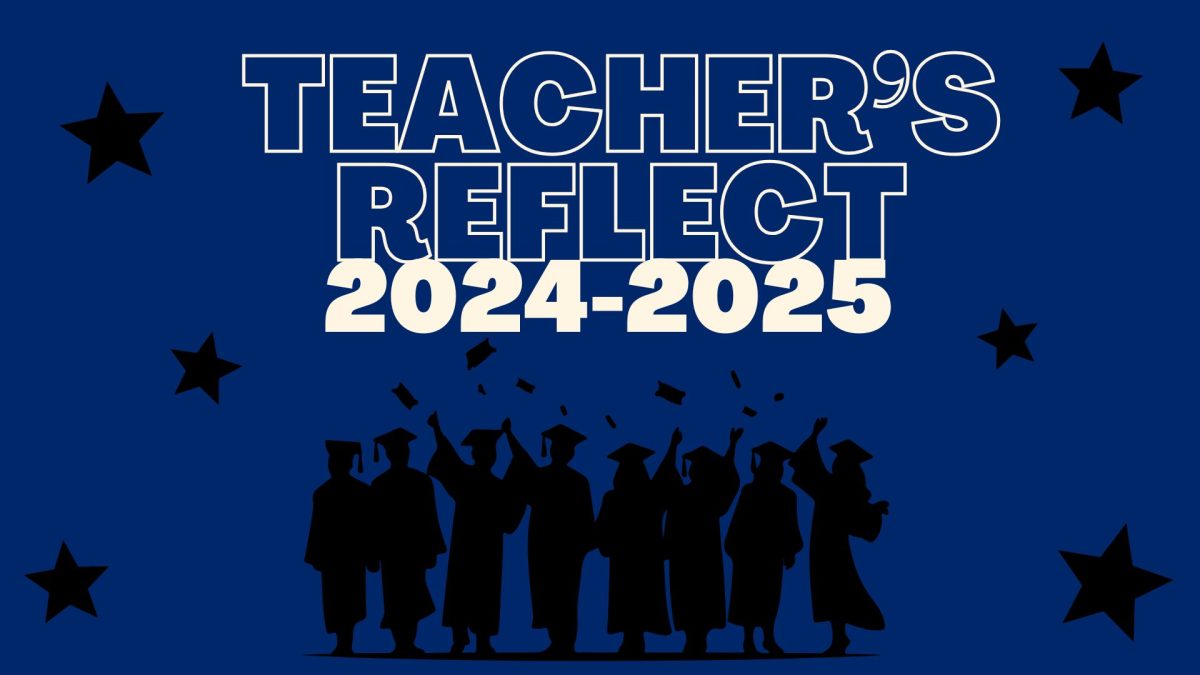

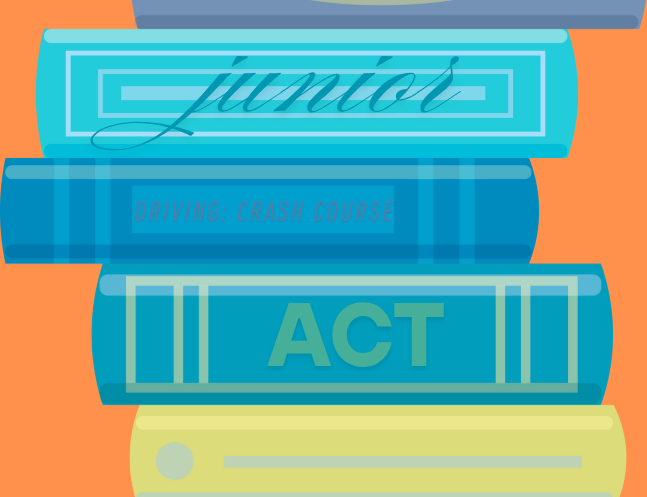




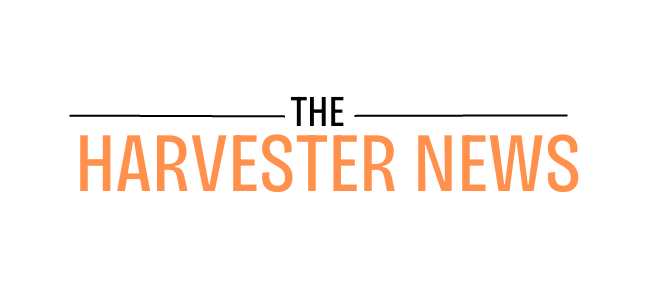
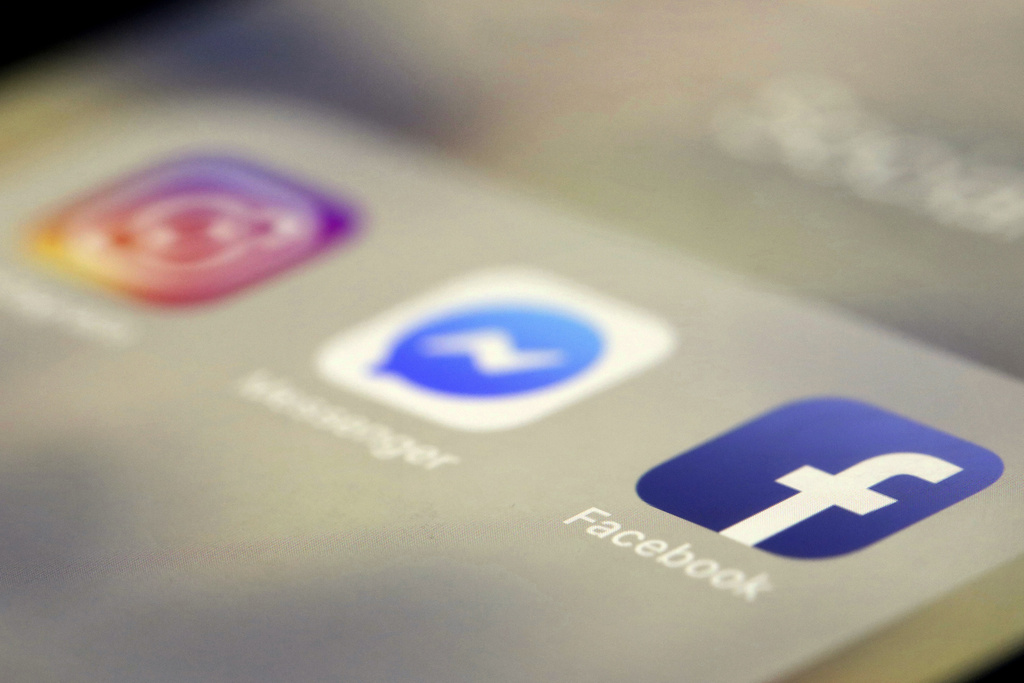


Katerina Floros • May 21, 2024 at 4:27 pm
Awesome job Ro!!! I love getting to read what you put out 🙂